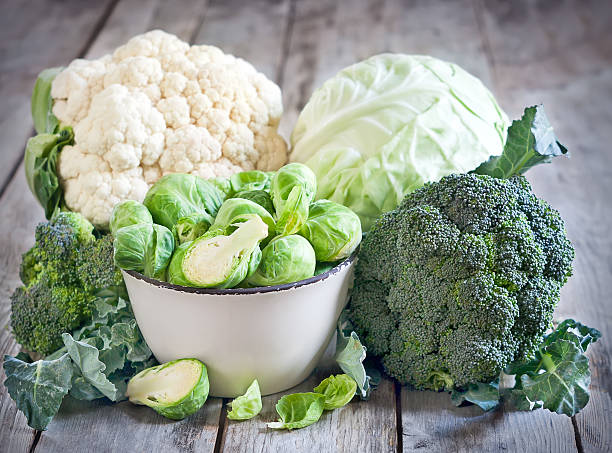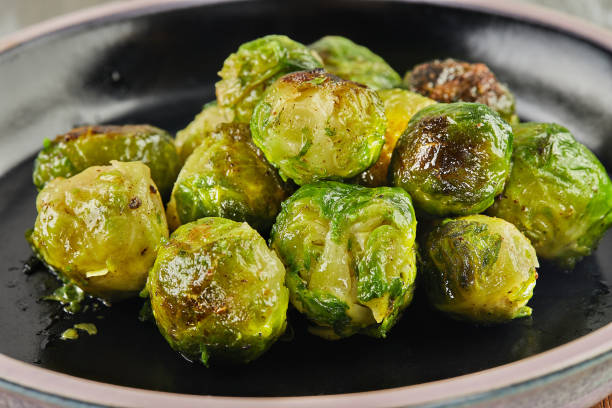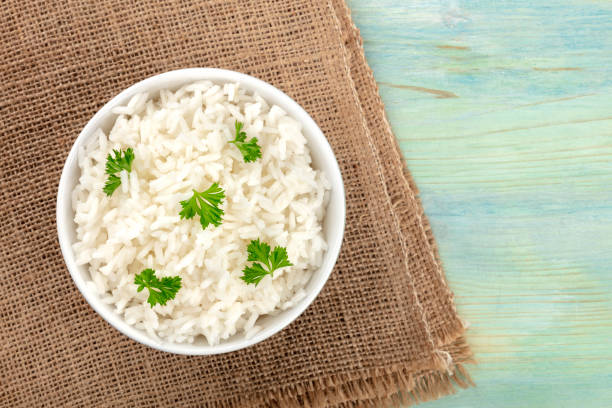
Find out How to Relieve Gas from Cabbage
Cabbage, a cruciferous vegetable celebrated for its nutritional prowess, can sometimes lead to unwelcome digestive discomfort. While its health benefits are undeniable, the gas it can cause might deter some from enjoying this versatile veggie.
Fortunately, there are effective ways to minimize gas from cabbage consumption. In this article, we’ll delve into strategies that can help you relish cabbage without the pesky side effects.
Understanding the Gas Dilemma

Cabbage contains compounds like complex carbohydrates and fibers that can challenge certain digestive systems.
When these compounds interact with gut bacteria during digestion, gas is produced, leading to bloating and discomfort. It’s crucial to understand this process to explore methods to mitigate its effects.
Why Does Cabbage Cause Gas?
Cabbage contains complex carbohydrates and fibers that can be difficult for some people to digest properly. When these carbohydrates reach the colon, they are broken down by bacteria, producing gas as a natural byproduct.
Additionally, cabbage contains sulfur compounds that can contribute to gas formation
How To Relieve Gas From Cabbage
To relieve gas from cabbage, try cooking it thoroughly, adding carminative spices like ginger or fennel, and eating smaller portions.
Cooking Techniques for Easier Digestion
Steaming and Blanching: Gentle cooking methods like steaming or blanching cabbage can break down some of the harder-to-digest fibers, making it more stomach-friendly. This approach helps retain the vegetable’s nutritional value while easing the digestive burden.
Sautéing with Digestive Spices: Infusing cabbage dishes with digestive spices like ginger, fennel, or caraway seeds can promote smoother digestion. These spices contain compounds that assist in reducing gas formation, enhancing your culinary experience.
Navigating Raw Cabbage
Light Fermentation: Fermenting cabbage into sauerkraut or kimchi introduces beneficial probiotics to your gut. These live cultures can enhance digestion and counteract the gas-causing elements in cabbage. Start with small portions and gradually increase intake to allow your digestive system to adapt.
Salad Modifications: If you prefer your cabbage raw in salads, consider pairing it with digestion-friendly ingredients. Incorporating papaya, pineapple, or yogurt can provide enzymes that aid in breaking down complex fibers and alleviate gas.
Tweaking Your Eating Habits
Portion Control: Instead of consuming a large serving of cabbage in one sitting, opt for smaller portions spread throughout the day. This approach reduces the overall load on your digestive system, potentially minimizing gas production.
Balanced Pairings: Pair cabbage with protein-rich foods like lean meats or plant-based proteins. The combination of protein and cabbage can help create a well-rounded meal that minimizes gas and provides sustained energy.
Gentle Physical Activity: Engaging in light physical activity, such as walking after a meal, can stimulate digestion and prevent gas buildup. Incorporate these activities into your routine to promote better digestive health.
Should I Avoid Eating Raw Cabbage?
No, Raw cabbage is rich in enzymes that can be beneficial for digestion, but it can also be tougher to digest for some individuals. If raw cabbage tends to cause gas and bloating, consider lightly cooking or fermenting it. Fermented cabbage, such as sauerkraut or kimchi, contains beneficial probiotics that can promote a healthy gut and may alleviate digestive discomfort.
Can I Take Over-the-Counter Remedies?
Over-the-counter remedies like simethicone, which is commonly found in anti-gas medications, can help break down gas bubbles in the digestive tract, providing temporary relief. However, it’s important to consult a healthcare professional before using any medication or supplement, especially if you have underlying health conditions.
Are There Dietary Adjustments I Can Make?
Certain dietary adjustments can help minimize gas from cabbage consumption. Eating smaller portions of cabbage at a time can reduce the workload on your digestive system.
Additionally, incorporating more physical activity into your routine can promote healthy digestion and reduce gas buildup.
Can I Pair Cabbage with Specific Foods?
Pairing cabbage with foods that are easier to digest can help mitigate gas formation. Combining cabbage with lean proteins, such as chicken or fish, or including digestive-friendly grains like quinoa, can create a balanced meal that reduces the likelihood of excessive gas.
Final Thoughts
Incorporating cabbage into your diet can be immensely rewarding, provided you understand how to manage potential gas-related discomfort. By employing cooking techniques that facilitate digestion, embracing raw cabbage in moderation, making mindful dietary adjustments, and considering supplements cautiously, you can strike a balance between relishing cabbage’s nutritional benefits and minimizing digestive woes.
Experiment with these strategies to discover what works best for your digestive system. Remember, enjoying cabbage should be a pleasurable experience, and with the right approach, you can savor its goodness without the unwanted gas.






